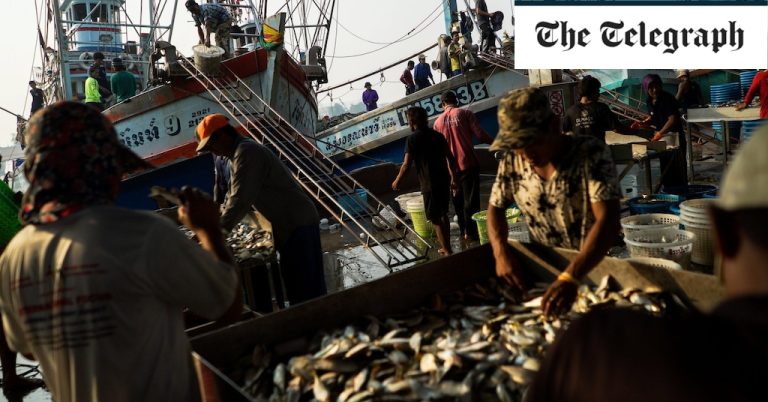“The new Thai government of [prime minister] Srettha Thavisin is pursuing a policy of human rights and environmental backsliding in the fishing sector out of a motivation that contains equal parts of greed, ignorance and denial,” said Phil Robertson, deputy Asia director at Human Rights Watch.
“If the proposed changes in law go through, Thailand will return to the bad old days of at sea transshipment of product and fishermen that fueled the systematic and pervasive use of trafficked labour to underpin IUU fishing schemes.”
Prodprasop Suraswadi, an advisor to the prime minister, told a recent panel in Bangkok that the changes were needed because current legislation is overly bureaucratic and burdensome, contributing to reduced exports and profits. He added that they were enacted by an unpopular and undemocratic military-backed government, following the 2014 coup.
A spokesperson for Move Forward party, which supports the changes, added: “Our stance on amending the fishery law is to amend the punishment clauses to be fairer and more proportionate to the crime.” He insisted the changes would not “create loopholes that could lead to labour abuses”.
But an EC spokesperson told the Telegraph that a “yellow card” – which was first introduced in 2015 – or other sanctions could be applied if plans to undo regulations continued. This could potentially restrict or even halt trade, hitting Western consumers.
